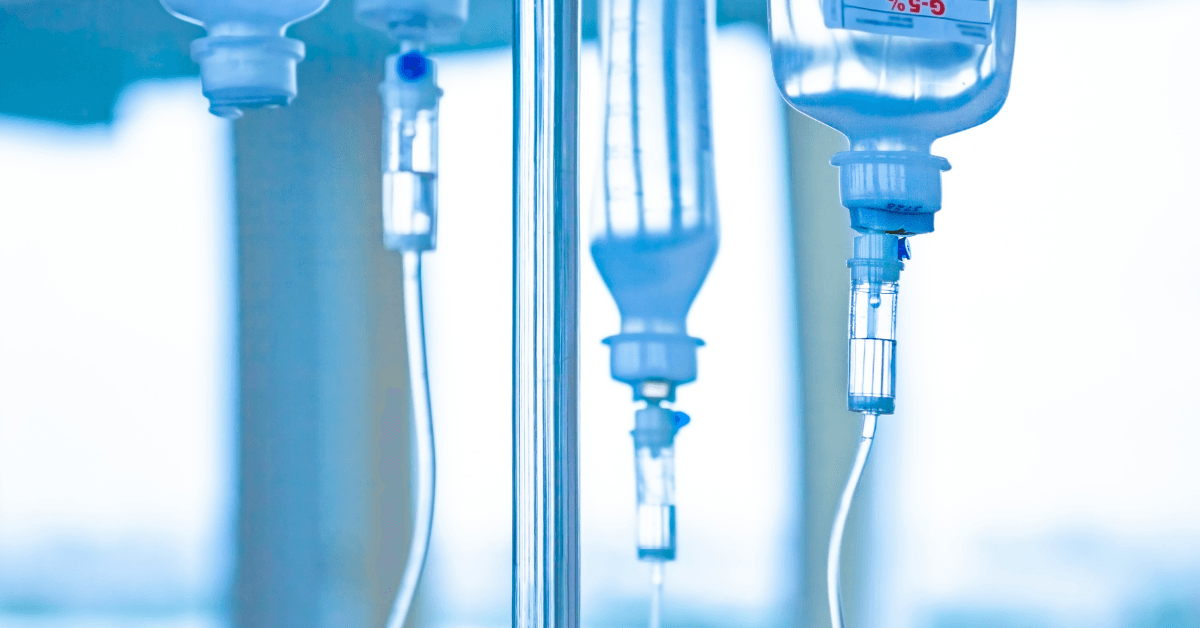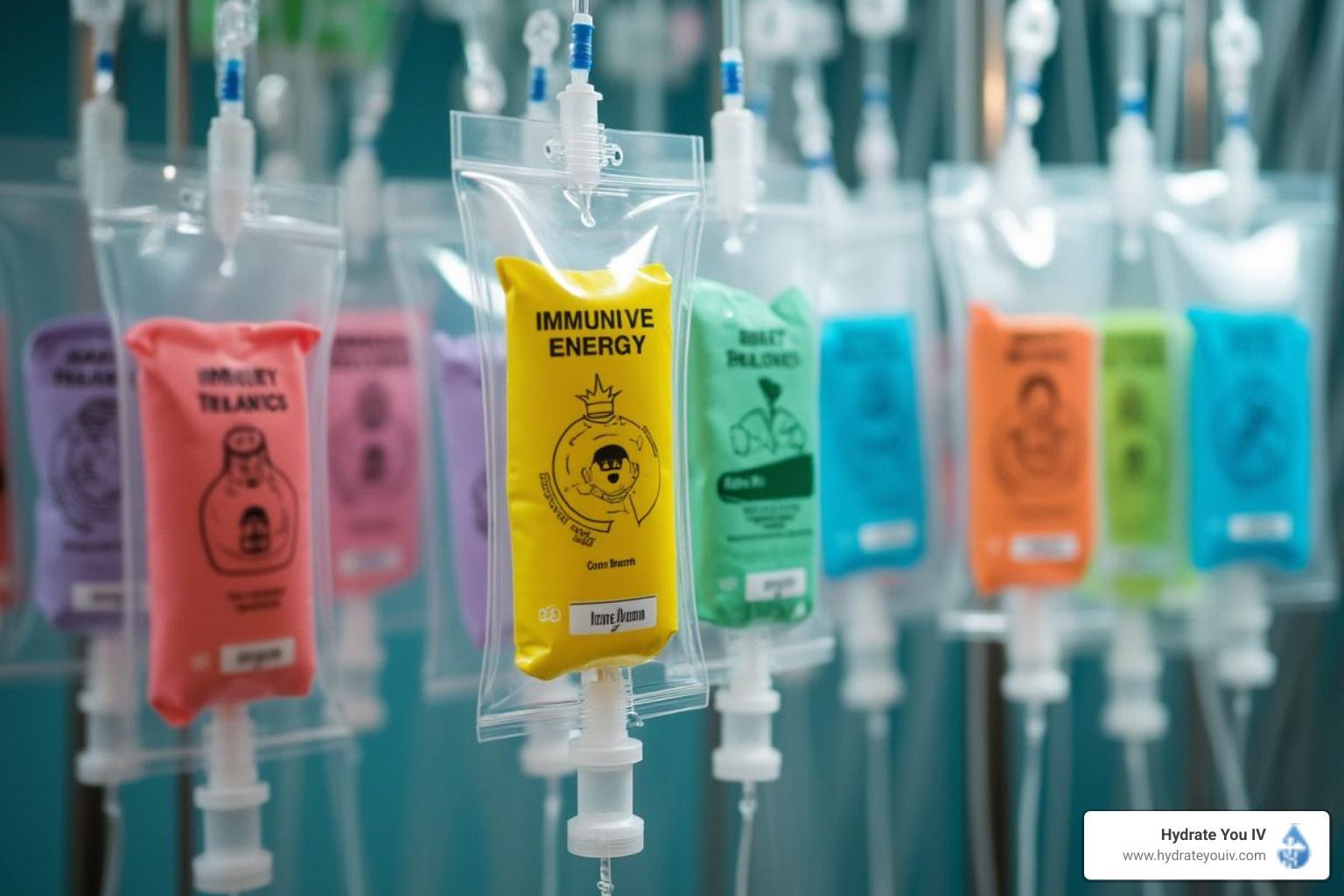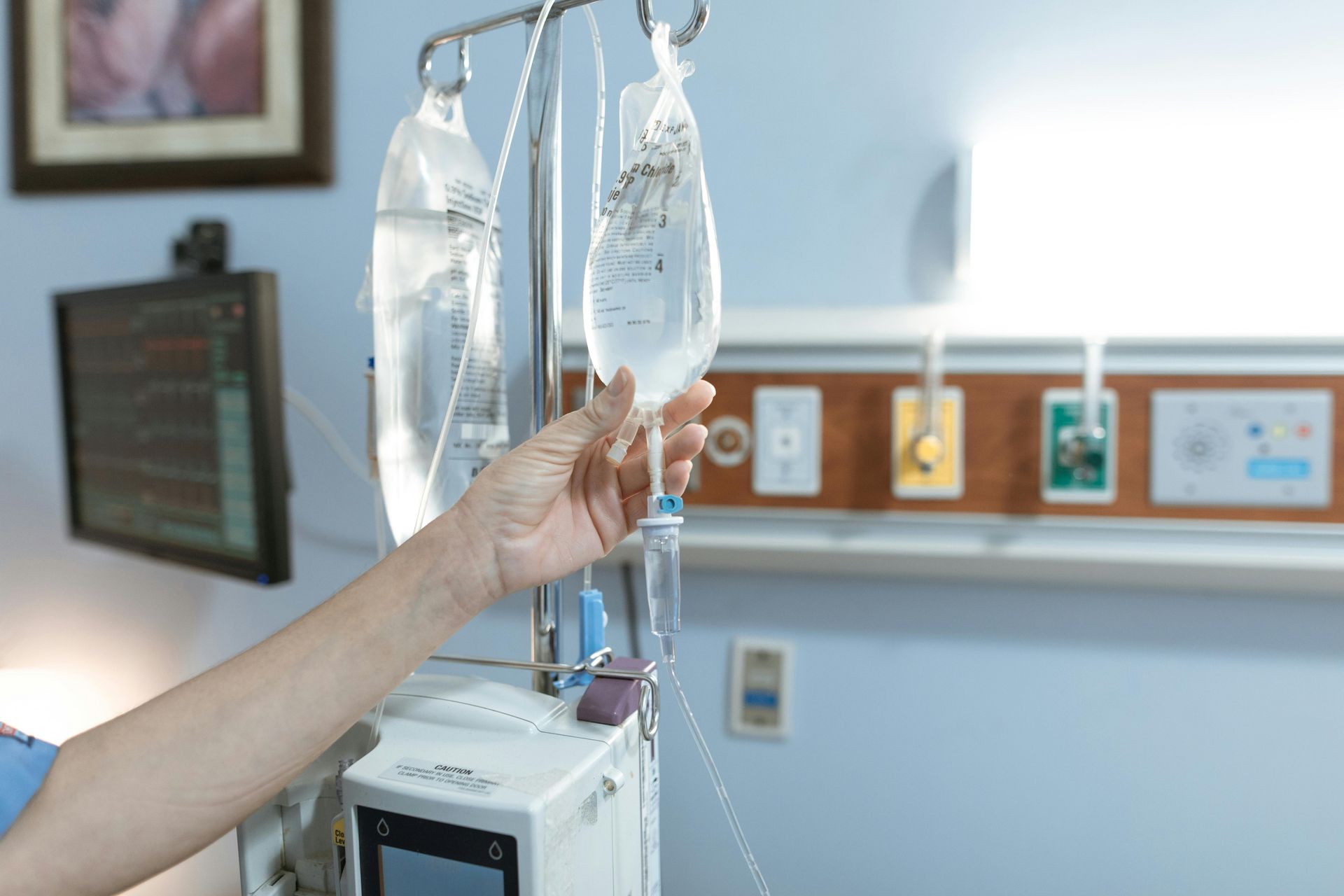Hydration Myths Debunked: What You Need to Know
Hydration Myths Debunked: What You Need to Know

Hydration is a crucial aspect of our health, yet there are countless myths surrounding it. From the number of glasses we should drink daily to misconceptions about beverages like coffee and tea, the facts can often get lost in the noise. This article aims to illuminate the truth regarding hydration, debunk common myths, and provide tips to ensure you're properly hydrated.
Understanding Hydration: The Basics
The Role of Water in Our Bodies
Water is essential to life. It plays a vital role in various bodily functions, including temperature regulation, nutrient transportation, and waste elimination. Our bodies are made up of about 60% water, and maintaining this balance is key to our overall health.
Water helps lubricate our joints, cushion our organs, and even facilitate biochemical reactions necessary for energy production. Without adequate hydration, these processes can become less efficient, leading to potential health issues. For example, dehydration can result in headaches, fatigue, and decreased cognitive function, making it challenging to focus on daily tasks. Additionally, chronic dehydration can lead to more severe complications, such as kidney stones or urinary tract infections, highlighting the importance of consistent water intake.
How Much Water Do We Really Need?
The general recommendation is to drink around 2 to 3 liters of water daily. However, individual needs can vary based on factors such as age, weight, activity level, and climate. It's essential to listen to your body and adjust your water intake accordingly.
For instance, if you're exercising or spending time in hot weather, you’ll likely need more water than usual to compensate for fluid lost through sweat. Always remember that hydration is not just about water; the fluids you consume from food and other beverages also contribute to your daily intake. Fruits and vegetables, for example, can be excellent sources of hydration, with options like cucumbers, watermelon, and oranges containing high water content. Moreover, beverages such as herbal teas and broths can also help meet your hydration needs while providing additional nutrients and flavors to your diet.
Common Hydration Myths
Myth 1: You Must Drink 8 Glasses of Water a Day
This popular belief suggests a one-size-fits-all approach to hydration. However, the amount of water each person needs can vary widely. Some people may feel great with more or less than eight glasses. Understanding your body’s signals is much more important.
Factors such as age, gender, activity level, and climate play significant roles in determining individual hydration needs. For instance, athletes or those who engage in intense physical activities may require more fluids to compensate for the water lost through sweat. Additionally, certain health conditions, such as kidney stones or urinary tract infections, may necessitate increased fluid intake. It's essential to listen to your body and adjust your hydration habits accordingly, rather than strictly adhering to a generalized guideline.
Myth 2: Thirst Isn't a Good Indicator of Hydration
Many believe that if you’re thirsty, it's already too late—you’re dehydrated. However, thirst is a natural signaling mechanism. It indicates that your body requires fluids, and responding to it is crucial for maintaining hydration.
Although it’s ideal to drink fluids throughout the day, waiting until you feel thirsty can actually help you gauge your hydration needs accurately. Moreover, factors like diet can also influence hydration. Foods with high water content, such as fruits and vegetables, can contribute significantly to your daily fluid intake. Incorporating these hydrating foods into your meals can be an effective way to support your body's hydration needs without solely relying on beverages.
Myth 3: Coffee and Tea Dehydrate You
There is a common misconception that caffeinated beverages like coffee and tea are dehydrating. While caffeine does have a mild diuretic effect, moderate consumption of these beverages does not lead to dehydration.
In fact, many studies suggest that the water content in coffee and tea can contribute to your overall hydration levels. So, enjoying a cup of your favorite brew can be part of a healthy hydration strategy! Additionally, herbal teas, which are naturally caffeine-free, can be an excellent choice for those looking to increase their fluid intake without the stimulating effects of caffeine. These beverages not only hydrate but can also offer various health benefits, such as antioxidants and anti-inflammatory properties, making them a delightful and beneficial addition to your daily routine.
The Science Behind Hydration
The Process of Hydration at a Cellular Level
At the cellular level, hydration is essential for cell function and homeostasis. Water molecules move in and out of cells, allowing them to carry out vital processes, such as nutrient absorption and waste removal. When cells are well-hydrated, they can operate efficiently, contributing to overall health and vitality.
The Impact of Hydration on Physical Performance
Proper hydration is vital for optimal physical performance. Even mild dehydration can affect your strength, endurance, and cognitive functions. Athletes, in particular, need to be mindful of their hydration levels, as fluid loss through sweat can significantly impair their ability to perform.
Staying hydrated before, during, and after physical activity can help maintain energy levels, reduce fatigue, and improve overall performance.
Hydration and Health
The Connection Between Hydration and Skin Health
Hydration plays an important role in maintaining healthy skin. When your body is well-hydrated, it can help retain skin moisture, resulting in a more vibrant and plump appearance. Conversely, dehydration can lead to dryness, flakiness, and a lackluster complexion.
Hydration and Its Effect on Digestion
Water aids in the digestion process by helping break down food and move it through the digestive system. Adequate hydration can prevent constipation and promote a healthy gut by facilitating proper nutrient absorption.
The Role of Hydration in Weight Management
Hydration is often overlooked in weight management discussions, yet it plays a significant role. Drinking water can help control appetite and increase feelings of fullness. Sometimes, our bodies confuse thirst with hunger, leading to unnecessary snacking.
By staying adequately hydrated, you can support your weight management efforts more effectively.
Proper Hydration: Tips and Tricks
Hydrating Foods to Incorporate into Your Diet
In addition to drinking water, you can boost your hydration through certain foods. Fruits and vegetables such as watermelon, cucumbers, and oranges have high water content and make excellent additions to your diet.
Signs You Might Be Dehydrated
Common signs of dehydration include dry mouth, fatigue, dizziness, and dark yellow urine. If you notice these symptoms, it might be time to increase your fluid intake.
Staying Hydrated in Different Climates and Conditions
Different climates can impact your hydration needs. Hot and humid weather can increase fluid loss through sweat, while cold weather can also dehydrate your body due to reduced humidity. Regardless of the climate, always ensure you have access to water and drink regularly, especially when engaging in physical activity.
By understanding hydration better and debunking myths, you can make informed decisions to maintain optimal health. Stay hydrated and take care of your body!











